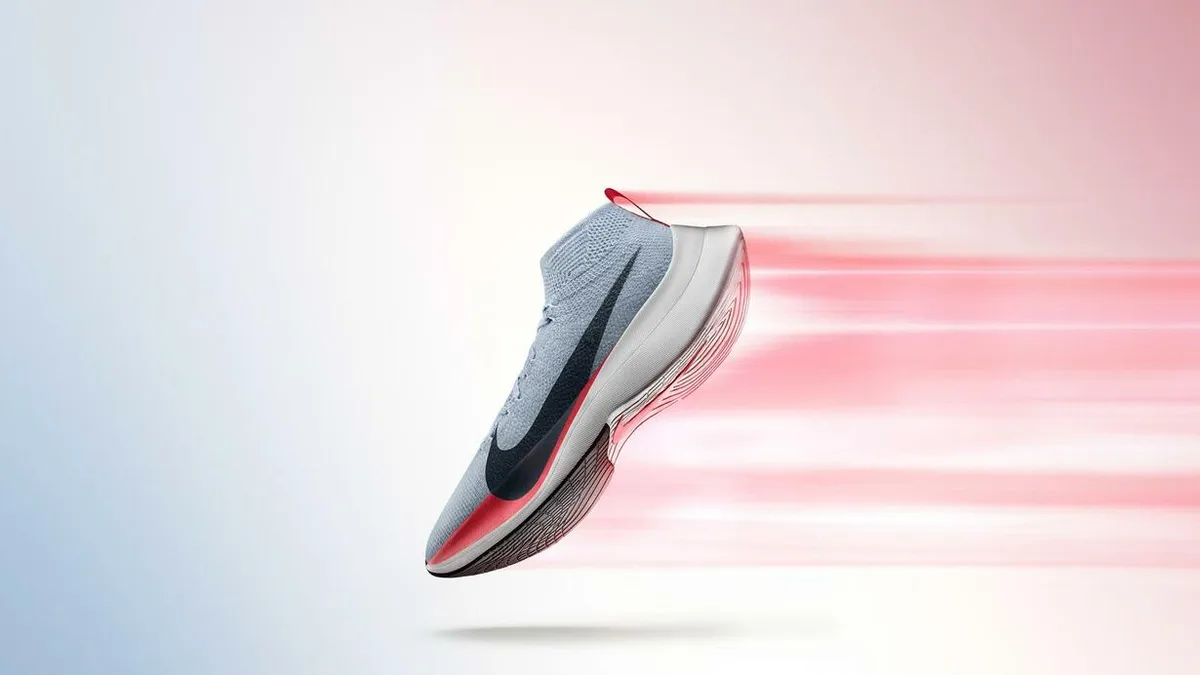Dive Brief:
-
Nike will soon sell directly through Amazon’s brand-registry program, unnamed sources told Bloomberg Wednesday.
-
The plan is intended to help clamp down on sales of counterfeit Nike goods on Amazon’s marketplaces.
-
Nike sells its goods on Amazon’s Zappo’s site, though not yet through Amazon.
Dive Insight:
If true, Nike’s plan to sell directly through Amazon is a blow to retailers like department stores and specialty retailers like Foot Locker, Finish Line and Dick’s Sporting Goods, as well as to third-party Amazon Marketplace sellers offering either bona fide or counterfeit Nike goods. Shares of those companies fell on the news Wednesday. When it comes to department stores, discount players Kohl’s and J.C. Penney could be hit especially hard because they’re more dependent on those sales than Macy’s or Nordstrom, which both have a lower penetration of the brand, according to a note emailed to Retail Dive from Gordon Haskett analyst Chuck Grom.
“If it wasn’t bad enough already, talk of Nike selling direct on Amazon … would clearly have a negative impact on the department stores, particularly Reduce-Rated JCPenney and Kohl’s,” he wrote. “While competition is competition, should Nike form a strategic alliance with Amazon, one of the big national brand traffic drivers today for both KSS/JCP would be impaired to some degree. While this certainly wouldn’t impact trends overnight, we do think such a development would represent another headwind for a sector that can’t catch a break lately, particularly on the heels of yesterday’s news of Prime Wardrobe Service.”
At Kohl's, national brands (as a percentage of sales) have increased from 48% in 2012 to 52% last year (and 55% in the first quarter this year), in part thanks to the retailer’s partnership with Under Armour, according to Gordon Haskett. “While several brands (i.e. Levi’s, Skechers, Carter’s) have supported Kohl’s success on this front, Nike has been arguably the biggest driver, in our view, as it expanded the pad within its stores and also grew its penetration of SKUs,” Grom said. “Directionally, sales from Nike grew in the ‘mid-teens’ throughout much of 2016 and more recently up ‘high-single-digits’ in the first quarter. Finally, looking ahead, Kohl’s has called out Nike as a key partner in the coming years and therefore any relationship with Amazon would be a net-negative from our seats.”
Similarly, while J.C. Penney has not had as ambitious a plan to increase its national brand penetration as Kohl’s, there is no doubt that Nike is an important partner there, according to Gordon Haskett. J.C. Penney earlier this year said it would re-launch its Nike concessions, adding more than 600 new Nike store environments, with a particular focus in women’s, an increase of more than 400 stores from 2016. “These initiatives are on top of 20% growth from Nike that J.C. Penney enjoyed in 2016,” Grom said. “[S]imilar to Kohl’s, while a Nike/Amazon relationship wouldn’t impact trends near-term, such a development is certainly not a good one.”
A tie-up with Amazon would serve Nike in several ways. Rival Under Armour is already selling directly there, and the company has been under pressure to boost its e-commerce sales. Plus, it would allow Nike to better control sales of counterfeit goods, which are often easier to pawn off on e-commerce marketplaces. About a year ago, citing concerns over counterfeiting and unauthorized selling, Birkenstock USA said that as of Jan. 1 this year it would no longer offer its footwear on the e-commerce site or its third-party Marketplace. But, according to the Bloomberg report, Birkenstock USA has resolved many of the issues and a search reveals that there are, again, Birkenstock sandals and other merchandise being sold on Amazon.
A request from Retail Dive for more information from Birkenstock USA wasn’t immediately returned.















